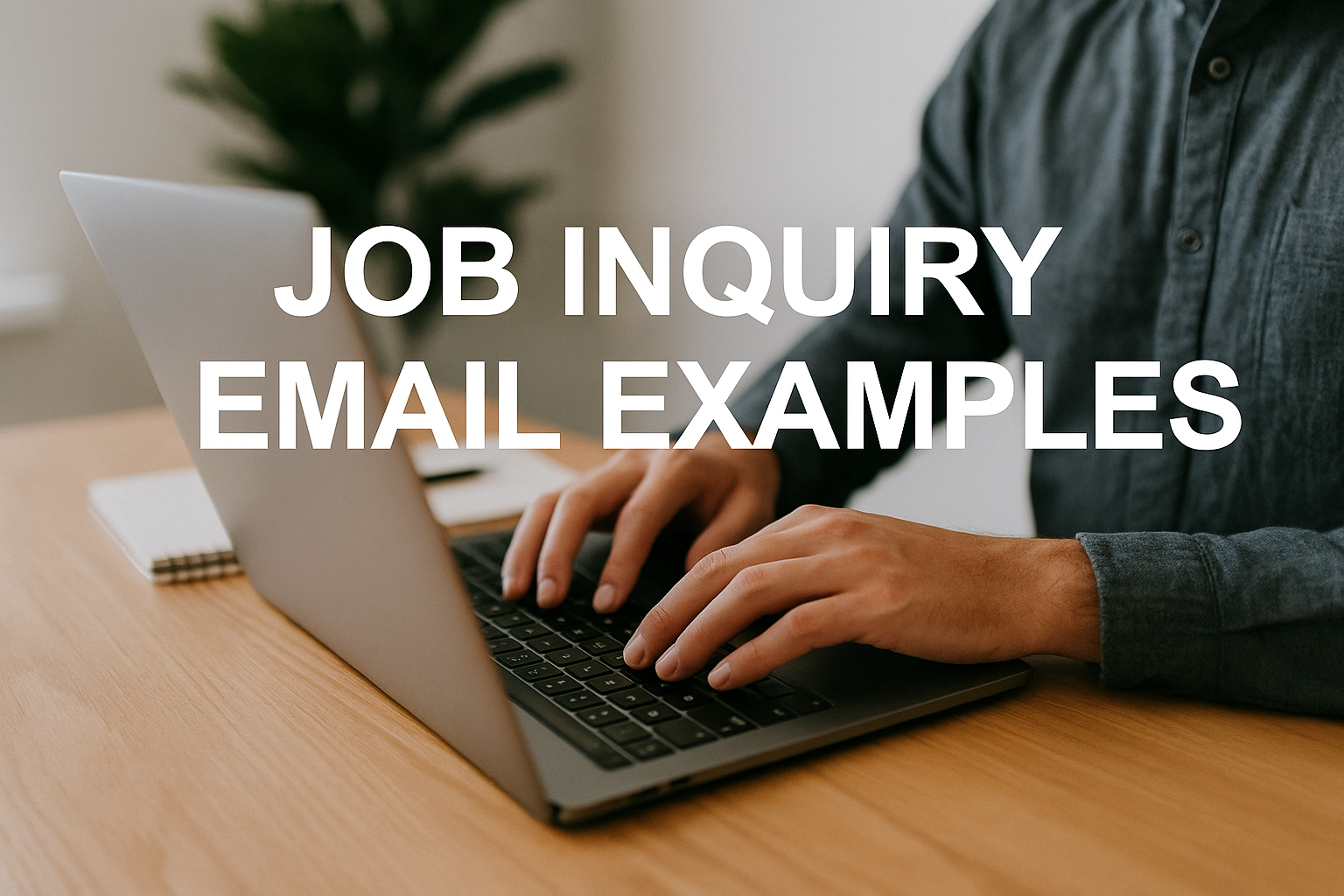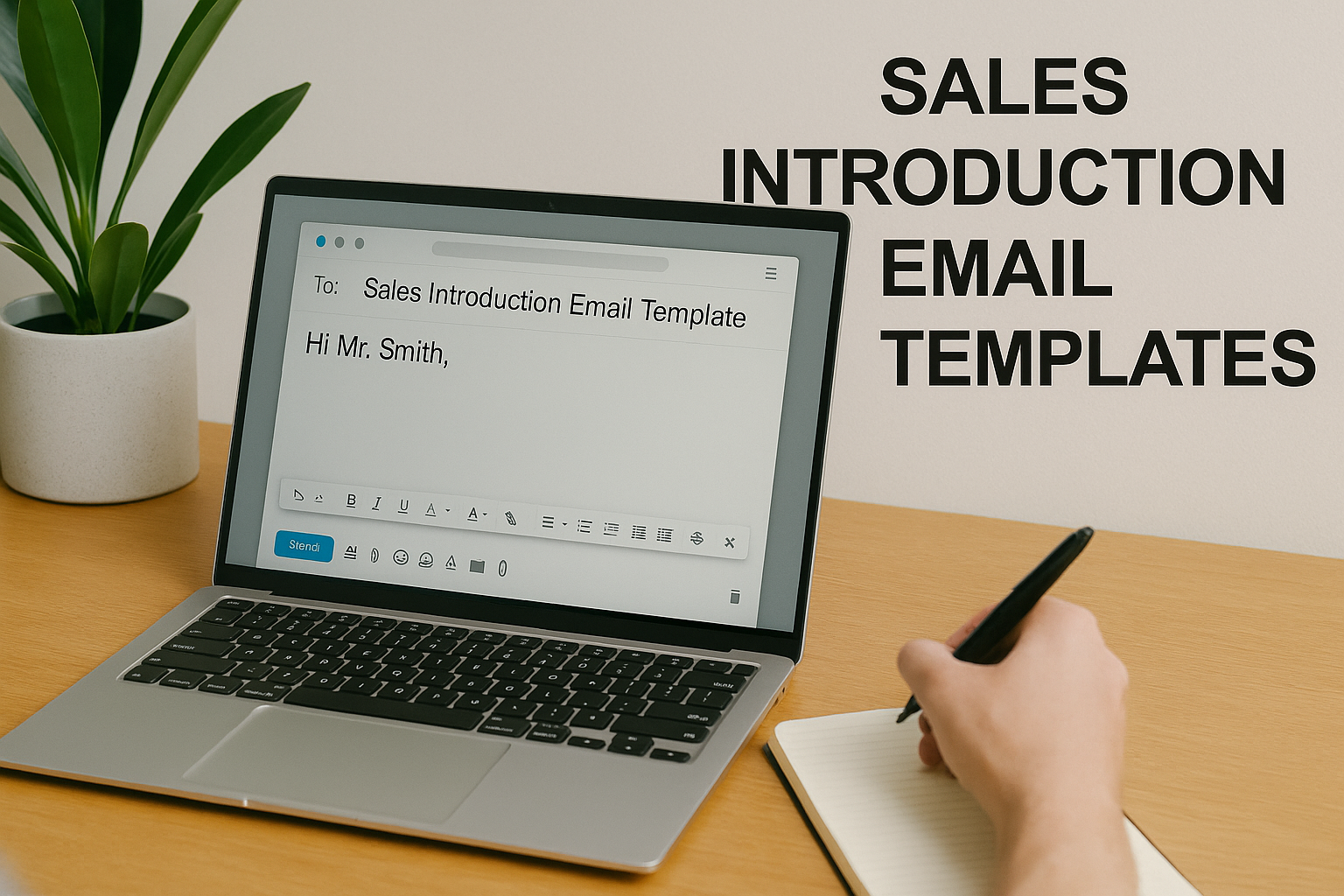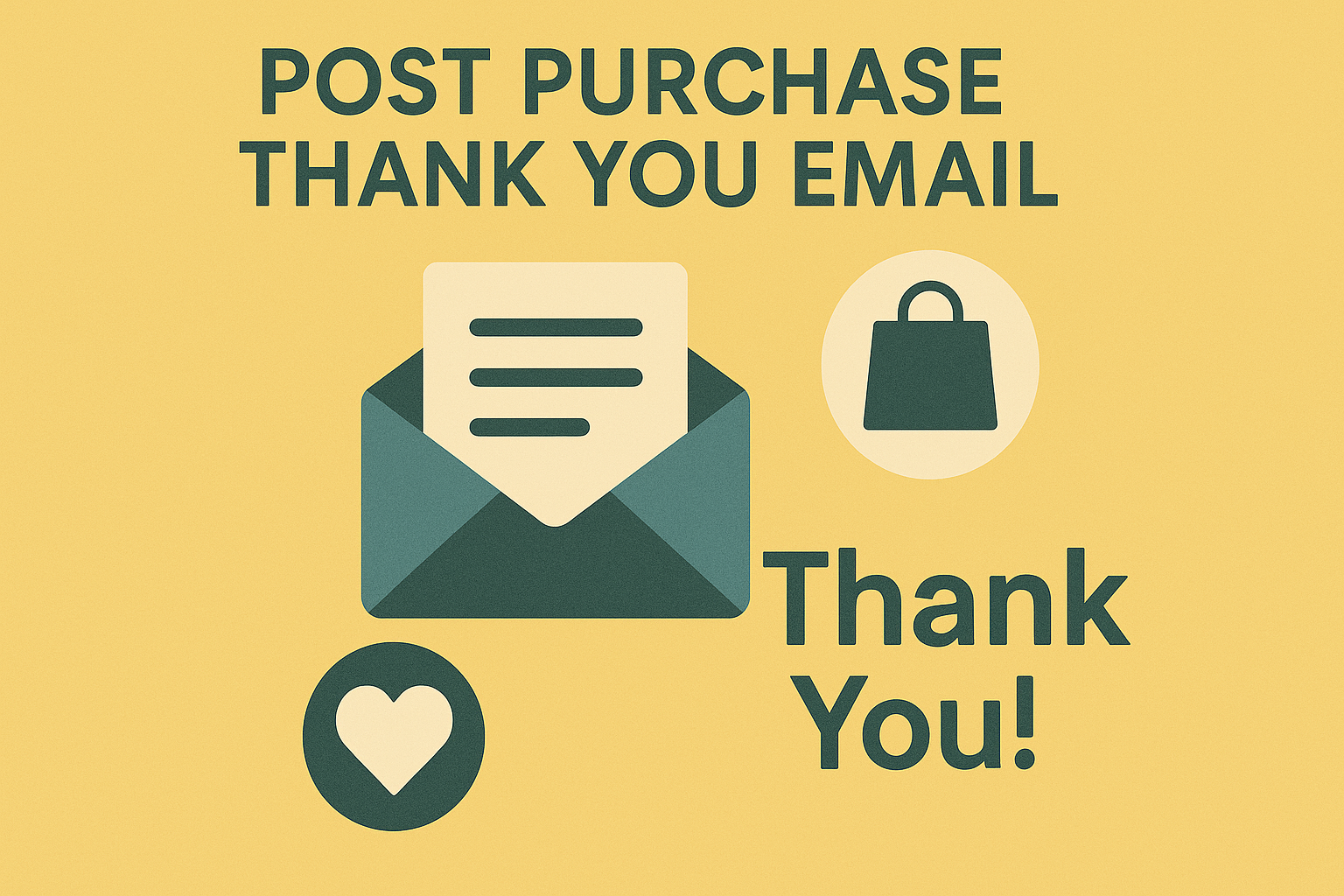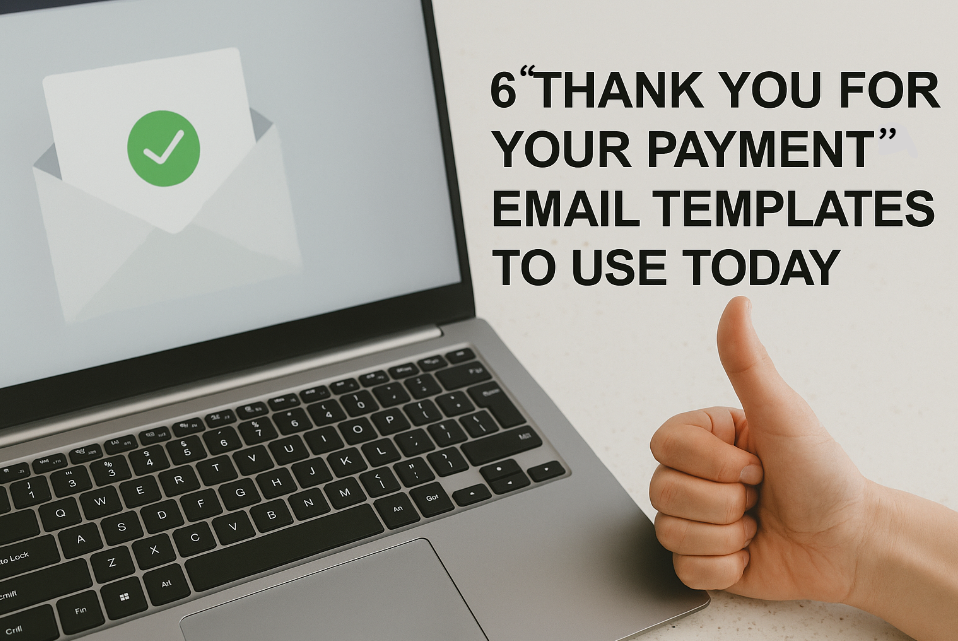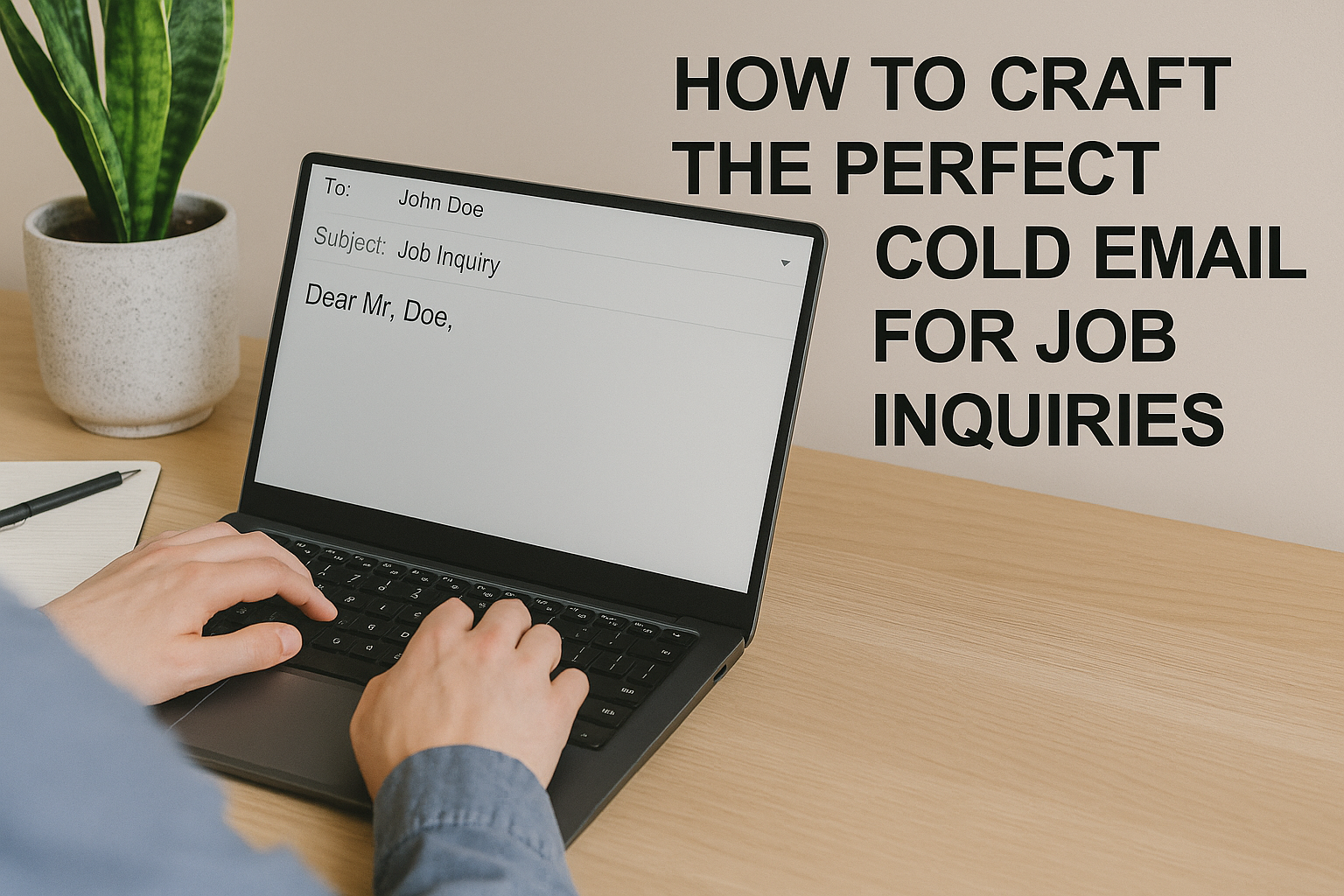Job Inquiry Email Examples and Templates to Help You Get Hired
Key Takeaways
-
A job inquiry email is how you get the job you want, even when no one is advertising an opening.
-
A thoughtful, brief, and well-written email is your first opportunity to impress employers.
-
Exploring the company and finding contacts in advance of writing your inquiry allows you to customize your note and demonstrate interest.
-
Keeping a professional but amicable tone throughout the e-mail is important for establishing credibility and respect.
-
Adding a specific call to action invites a reply and keeps the ball moving.
-
Don’t send form e-mail or too casual notes and make polite follow-ups to show your ongoing interest without pestering.
Sometimes the best opportunities aren’t even listed on job boards. That’s where a job inquiry email comes in. It’s a simple but powerful way to reach out directly to hiring managers or recruiters and ask about potential openings—even if the role hasn’t been advertised yet.
The key? Keep it clear, concise, and respectful. A short note written in plain language can make a strong first impression and put you on the radar before others even apply.
In this post, we’ll share a sample job inquiry email and break down each element so you can see exactly how to structure your own message for the best chance of getting noticed.
What is a Job Inquiry Email?

A job inquiry email is a professional message you send to a company to ask about potential job opportunities—even when no roles are publicly listed. It’s a proactive way to introduce yourself, show interest, and connect with hiring managers or recruiters before a posting even goes live.
This type of email is usually:
-
Short and direct
-
Includes a brief introduction
-
Highlights key skills or experience
-
Expresses interest in the company and its mission
You might also ask about things like current openings, upcoming roles, or general details about positions. Done well, a job inquiry email can leave a strong first impression and even uncover hidden opportunities.
The Purpose
The goal of a job inquiry email is to show initiative. Instead of waiting for a job ad, you reach out first.
-
It demonstrates you’re proactive and serious about working with the company.
-
It can spark conversations with hiring managers or recruiters.
-
It sometimes leads to discovering unlisted roles that others won’t know about.
Example: A recent graduate might email a tech firm to highlight her coding skills and eagerness to learn—even if there aren’t any junior roles posted. This puts her on the company’s radar and may make them think of her when a position opens.
Job inquiry emails also help career changers test the waters. For instance, someone moving from finance to marketing could reach out to see how their skills transfer before formally applying.
The Difference

A job inquiry email isn’t the same as a job application.
-
Application email: Sent in response to a posted job, usually with a resume and cover letter.
-
Inquiry email: Sent when no role is advertised. It’s less formal, but still professional, and focuses on making a connection.
Instead of applying to a listing, you’re introducing yourself and asking whether opportunities may exist in the near future.
Example line: “I’m very interested in opportunities at your firm and would love to know if you anticipate any openings in the coming months.”
This approach is especially common for new grads or career switchers—people who want to start conversations and build relationships before the formal application stage.

How to Write a Job Inquiry Email?

A job inquiry email is your initial foray into the possibilities that a company can offer. Make this message concise and specific to the company and contact. Keeping to a rational format and using a professional yet friendly tone makes your message irresistible and yields more effective results.
Follow these steps for an effective job inquiry email:
-
Research the company and identify the right contact
-
Write a specific, relevant subject line
-
Use a polite, personalized salutation
-
Structure the body with your intent and skills
-
End with a courteous closing and full contact details
-
Keep your language clear, concise, and to the point
1. Research
Research is the foundation for a compelling job inquiry e-mail. Research their website, recent news, and socials to get a sense of their culture, projects, and hiring needs. Research who the hiring manager or department lead is, rather than sending your note to a generic inbox.
This customized strategy demonstrates real passion and initiative. Find the appropriate contact by reviewing the company’s staff page, LinkedIn, or professional networks. Research their position, their department, and the potential fit of your abilities.
2. Subject Line

Subject lines must be brief but precise so they immediately catch notice. Use keywords such as “Job Inquiry,” the recipient’s first name, or the title of the job you’re pursuing. Put your point up front in as few words as possible.
For example:
-
“Job Inquiry – Alex – Digital Marketing Role”
-
“Interest in Software Engineer Position – Priya”
-
“Job Inquiry – Opportunities in Sales”
Make it less than 60 characters if you can. This makes your email disruptive in a good way and helps you avoid the spam folder.
3. Salutation

Begin with a professional salutation. Use the recipient’s name and title: “Dear Ms. Lopez,” or “Good Morning Dr. Singh.” This personalizes it and shows respect. If you can’t find a name, as a last resort, use “Dear Hiring Manager.
Never use ‘To Whom It May Concern’. Make sure you keep the first line professional and friendly.
4. Body

Start with a brief introduction—your name, current position, and the purpose of your letter. Say you’re interested in the company and the type of role you want. Now tie your background in one or two lines to the company’s needs.
For instance, “As a digital marketer with three years of experience, I’m eager to join your growing team to help increase your online reach.
Now ask direct questions about the job — duties, salary, hours, benefits, etc. Finish with a nice, non-too-direct request for more information or a meeting.
Write short sentences, simple words, and no more than two or three sentences per paragraph. This keeps your note reader-friendly and enables the addressee to quickly reply.
5. Closing

Close with a courteous comment like, ‘Thanks for your time and consideration.’ Encourage continued communication by ending with, “I look forward to your response and to discussing how I can contribute.
Include your phone number, LinkedIn, and a professional email signature for convenient follow-up. Sign off with a formal sign-off, such as “Best regards,” or “Kind regards.
Key Elements for Impact

A job inquiry email is a proactive approach that can reveal unlisted job openings. When crafted thoughtfully, it showcases the sender as a serious applicant, enhancing their job interest. Here are the essential elements that make a job inquiry email impactful.
-
Subject Line: This is the first thing a recipient sees. Write a specific, succinct subject such as “Question about positions – [Your Name]” to get the email actually opened.
-
Personalization: Tailoring the message to the recipient and company builds rapport and shows genuine interest.
-
Value Proposition: Outlining unique skills and aligning them with company needs demonstrates value.
-
Professional Tone: Keeping the language formal yet friendly creates a lasting impression.
-
Call to Action: Giving a clear next step encourages a timely and meaningful response.
-
Follow-up Plan: Mentioning intent to follow up shows persistence and interest.
-
Structure: Including personal details, contact information, and a logical flow makes the email easy to read.
Common Mistakes to Avoid
When sending a job inquiry email, it’s easy to screw up in minor ways. Knowing what not to do is what will make your message get noticed for the right reasons.
Below are key mistakes that often happen and practical tips for sidestepping them:
-
Generic, unfocused e-mails
-
Stale or stodgy salutations such as “To whom it may concern”
-
Not remembering to verify the recipient’s name and job title.
-
Writing emails that are too long (or too short!) for busy readers
-
Making your subject line too ambiguous or overlong
-
Missing the right timing for follow-up emails
-
Using pushy or demanding language that feels off-putting
-
Not scheduling or tracking follow-ups – missing opportunities
A job inquiry email that sounds copied and pasted or doesn’t even mention the company or role indicates minimal genuine interest to the recipient. For example, an opener like “I want a job at your company” with no indication of a particular job or motivation sounds lazy.
By personalizing your message — naming the company, the job, even a recent accomplishment by the business — you make your email more believable and more likely to be read.
Job Inquiry Email Examples
A job inquiry email is an effective means of contacting an organization and inquiring about potential job opportunities, regardless of whether they have been advertised. These notes assist in demonstrating enjoyment, introducing your credentials, and starting a conversation with potential companies.
The key is toning, content, and structure to suit the context and recipient.
General Inquiry
General job inquiry email – works when no specific job is posted. Begin with a straightforward subject line, like ‘Question Regarding Possible Job Openings.’ Say who you are and that you’re legitimately interested in the company.
For example:
Subject: Inquiry About Potential Job Openings
Dear [Recipient Name],
I’m contacting you because I’m interested in [Company Name]. With a marketing background and 3 years’ experience driving online engagement for SaaS products, I think my skillset would be a great complement to your team. Any existing or new roles that might fit my background.
Thank you for your time and consideration.
Best regards, [Your Name]
Discuss highlights from your CV – don’t list it all! Demonstrate you’ve learned about the company, noting projects or values that resonate with you. Finish with a courteous inquiry about openings.
Specific Role
Always include the specific job title and a reference if there is one in your job inquiry email. Call out 1-2 of your most relevant qualifications against the job description to enhance your job application. Be specific about your interest in this role.
| Component | Example Content |
|---|---|
| Subject Line | Inquiry About Digital Marketing Specialist (Ref: 2158) |
| Introduction | I’m [Your Name], with five years in SEO and analytics. |
| JOB REFERENCE | Digital Marketing Specialist #2158. |
| Applicable Skills | My background in campaign reporting and keyword research aligns perfectly. |
| Excitement | I can’t wait to be part of [Company] and help you hit those growth goals. |
| Polite Close | Thanks for your consideration. |
Following a Referral
If you were referred, name-drop at the beginning. This establishes confidence with the reader.
Example:
Subject: Referral from [Referrer Name] – Inquiry About Opportunities
I was referred to you by [Referrer Name], who raved about your team. With a background in client management and data analysis, I value this opportunity to connect.
I appreciate your time and consideration. I’m excited to talk roles my skills can assist.
Thank the referrer and the company. Reinforce how your experience aligns with their requirements. This is respectful, and it makes you memorable.
Post-Networking Event
Quickly follow up after a meeting at a conference or event. Refer to the event and your discussion. Express gratitude for their time and share what you learned.
Example:
Subject: Following Up from [Event Name]
It was wonderful to meet you at [Event]. I enjoyed our conversation on digital marketing trends. I appreciate your insights.
I wanted to find out if you have any openings at [Company Name] for someone with my background in analytics and reporting.
This sort of email keeps the connection alive and reminds them of your qualifications.
The Strategic Follow-Up

Strategic follow-up can make you different in a saturated market. Once you’ve sent a job inquiry email, following up demonstrates your job interest as well as your professionalism. It’s not just about reminding someone of your application; it’s about building a positive connection and keeping your name in the mix. The right follow-up can help you remain on their radar without being an annoyance.
| Step | Action | Purpose |
|---|---|---|
| Wait a Reasonable Time | Allow 1–2 weeks after applying, or after the interview. | Respects the hiring process and avoids impatience. |
| Craft a Clear Subject Line | Use specific and relevant wording, such as “Follow-Up: [Job Title] Application.” | Boosts the chances your email is opened and read. |
| Reiterate Interest | Briefly state continued enthusiasm and ask about updates. | Shows genuine motivation for the role. |
| Keep It Brief | Limit message to two short paragraphs. | Saves time for the reader and keeps it focused. |
| Propose Next Steps | Suggest a future call or meeting, and offer your availability. | Makes it easy for the recipient to respond. |
| Remain Polite and Professional | Use neutral, respectful language and thank the recipient for their time. | Maintains a positive impression. |
| Follow the Timeline | If a decision timeframe was given, wait until it passes before following up. | Shows respect for the process and patience. |
| Send a Thank-You Note | Within 24 hours after an interview, thank the panel for their time. | Reinforces your interest and leaves a good mark. |
| Final Follow-Up | If no response after a month, send one last polite note. | Keeps the door open for future roles. |
It’s best to wait about a week or two before following up after a job inquiry or interview, or a couple of days past any timeline the interviewer gave you, so you don’t seem pushy. Use a clear subject line like “Follow-Up: Application for Digital Marketing Manager” and keep your message short—thank them for their time, restate your interest, and politely ask if there are any updates while offering availability for a call. Always stay professional, send a thank you within 24 hours of the interview, and if you still haven’t heard back after a month, send one last gentle reminder before moving on.
Conclusion
Job inquiry emails are powerful door-openers. A short, sincere note can spark conversations and lead to opportunities that never even make it to job boards. By showing what you can bring to the table—and taking the time to follow up respectfully—you set yourself apart from the crowd. Remember, these aren’t just “work requests”; they’re human-to-human messages. And often, it’s the simplest, most genuine emails that get the best responses.
If you want to sharpen your approach and track what’s working, tools like KPI.me can help you measure your outreach and refine your strategy. Stay authentic, stay consistent, and keep going after the roles you really want—the right message at the right time can change everything.
Frequently Asked Questions
What is a job inquiry email?
A job inquiry email is a letter you send to an employer to inquire about potential job openings, showcasing your job interest and enthusiasm, even if they don’t have any listed.
When should I send a job inquiry email?
A job inquiry email is essential to send when you want to work for a company but don’t see any job openings; this proactive approach can generate new job opportunities.
What should I include in a job inquiry email?
To craft a perfect job inquiry email, include a compelling subject line, a brief introduction, your qualifications, and express your job interest, asking if they know of any job openings.
How long should a job inquiry email be?
Make your job inquiry email concise — less than 200 words. Focus on your skills and job interest instead of rehashing your entire resume.
Can I send a job inquiry email without a referral?
Sure, you can send a job inquiry email to a company to ask if they have any job openings. It’s all about personalizing your message and showing genuine job interest.
How soon should I follow up after sending a job inquiry email?
Give it about a week or two before you follow up on your job inquiry email sample. This allows the recipient an opportunity to consider and reply to your note.
Are job inquiry emails effective for international job searches?
Yes, these kinds of job inquiry emails, like a job inquiry email sample, work worldwide. They demonstrate initiative and can get you into the hidden job market abroad!

